Аннотация
World War II screeched to a halt as the great military powers scrambled to meet an even deadlier foe. The enemy's formidable technology made their victory seem inevitable. Already Berlin and Washington, D.C., had been vaporized by atom bombs, and large parts of the Soviet Union, the United States, and Germany and its conquests lay under the invaders' thumb. Yet humanity would not give up so easily, even if the enemy's tanks, armored personnel carriers, and jet aircraft seemed unstoppable. The humans were fiendishly clever, ruthless at finding their foe's weaknesses and exploiting them. While Stalin, Churchill, Roosevelt, and Togo planned strategy, the real war continued. In Warsaw, Jews welcomed the invaders as liberators, only to be cruelly disillusioned. In China, the Communist guerrillas used every trick they knew, even getting an American baseball player to lob grenades at the enemy. Though the invaders had cut the United States practically in half at the Mississippi River and devastated much of Europe, they could not shut down America's mighty industrial power or the ferocious counterattacks of her allies. Whether delivering supplies in tiny biplanes to partisans across the vast steppes of Russia, working furiously to understand the enemy's captured radar in England, or battling house to house on the streets of Chicago, humanity would not give up. Meanwhile, an ingenious German panzer colonel had managed to steal some of the enemy's plutonium, and now the Russians, Germans, Americans, and Japanese were all laboring frantically to make their own bombs. As Turtledove's global saga of alternate history continues, humanity grows more resourceful, even as the menace worsens. No one could say when the hellish inferno of death would stop being a war of conquest and turn into a war of survival-the very survival of the planet. In this epic of civilizations in deadly combat, the end of the war could mean the end of the world as well.

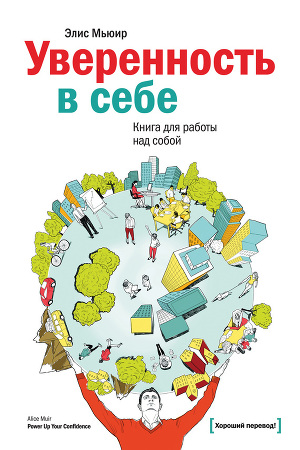
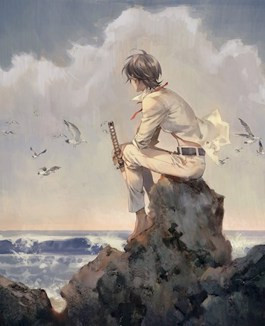
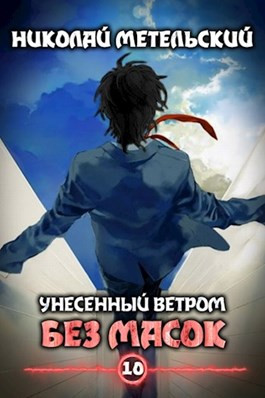

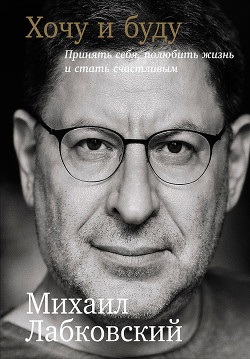

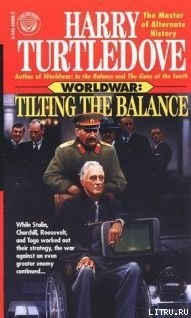
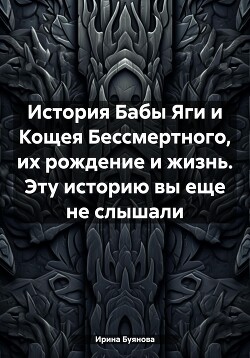

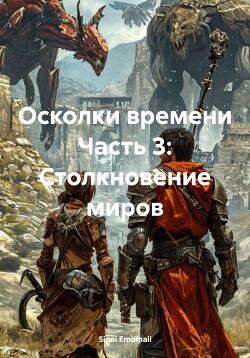

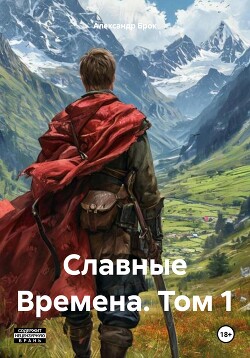


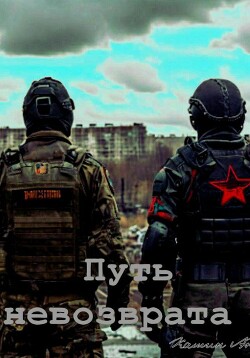
Отзывы